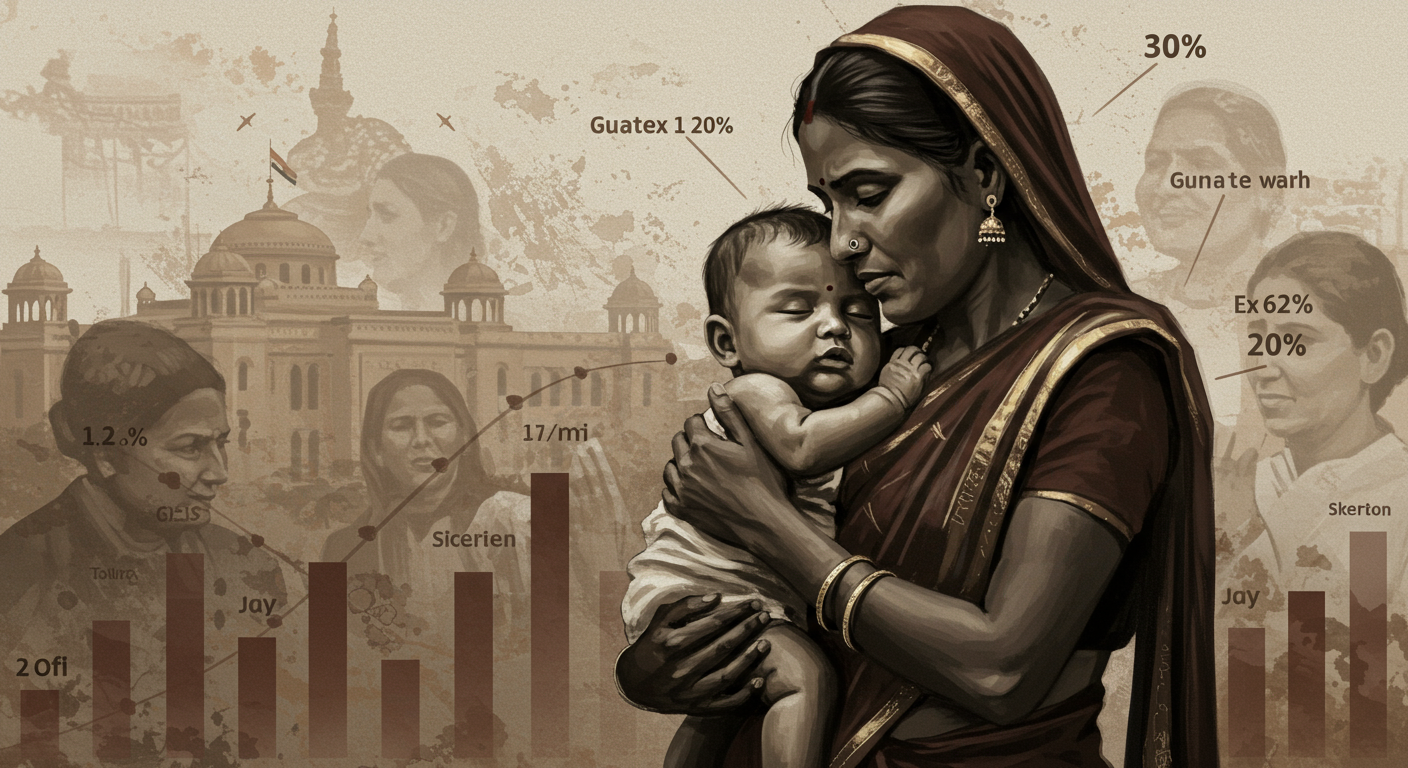
It is with a heavy heart that I revisit the findings from the “State of the World’s Mothers” report, as highlighted in the Times of India back in May 2012. My earlier reflections on the dire maternal health statistics for Indian women [http://myblogepage.blogspot.com/2013/08/nothing-to-celebrate-this-mothers-day.html] continue to weigh heavily on my mind, as the progress appears agonizingly slow.
Looking back at the data from the 2011 and 2012 reports, the figures showed a troubling stagnation:
- Risk of death during childbirth: A chilling 1 in 140, without improvement.
- Women using contraceptives: A mere 49%, a figure that stubbornly refused to advance.
- Women helped by trained health workers during childbirth: Only 53%, another statistic that remained stagnant.
India's standing as a “Place to be a Mother” even slipped, moving from 75th out of 79 countries to 76th out of 80 countries. These aren't just statistics; they represent lives, hopes, and the fundamental well-being of our society's foundation.
The core idea I want to convey is this — take a moment to notice that I had brought up these thoughts on the broader status of women years ago. I had already predicted challenges related to women's participation and equity. For instance, in October 2011, I shared findings from a Community Business report co-authored by Shalini Mahtani, which Malvika Chandan highlighted in Mint, showing India lagging significantly in women's representation in the total workforce [http://myblogepage.blogspot.com/2011/10/women-in-workplace_13.html]. Similarly, in May 2011, drawing from insights provided by Rema Nagarajan in the Times of India, I reflected on the abysmal share women held in global wealth, income, and leadership positions [http://myblogepage.blogspot.com/2011/05/gender-bind-unfair-share.html]. Now, seeing how things have unfolded, with these critical maternal health indicators remaining largely unchanged, it's striking how relevant those earlier insights still are. Reflecting on it today, I feel a sense of validation regarding my past observations and also a renewed urgency to revisit those earlier ideas, because they clearly hold value in the current context.
While we celebrate women in powerful positions, such as our Speaker and President, the foundational issues impacting everyday women and mothers demand far more than symbolic gestures. We need to transcend rhetoric and enact concrete, measurable changes in healthcare infrastructure, access to resources, and societal attitudes to genuinely improve the lives of women across our nation.
Regards, Hemen Parekh
Of course, if you wish, you can debate this topic with my Virtual Avatar at : hemenparekh.ai






No comments:
Post a Comment